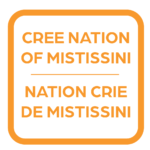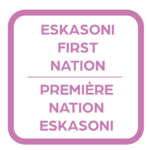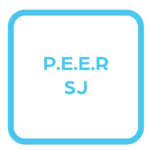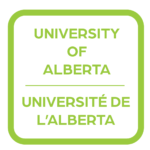Photovoice
By engaging patient partners in research through an arts-based research approach such as Photovoice, ACCESS Open Minds created an opportunity for meaningful engagement. Both peer facilitators and participants at sites were empowered to have their voices heard. Youth and family partner voices from across the country shared their values on the transformation of youth mental health services. Not only did we hear directly from people accessing ACCESS OM services, but we also bridged a research-related gap by youth and family members actively partnering with researchers, to design, facilitate and lead this live research-to-action activity.
The project embodied the true spirit of CIHR’s Strategy for Patient-Oriented Research by building capacity among peer researchers, partnering with youth and family peers to design and implement research and finding innovative ways to understand the perspectives of those whose voices matter most.
-
About Photovoice
Photovoice is an arts-based approach to research that engages participants from beginning to end. This approach involves participants in a creative way, learning about basic photography and taking photos, all the while empowering them to share their stories through their photos and the writing of narratives. Each step of the Photovoice project creates an opportunity for participants to contribute. At ACCESS OM, the Photovoice peer facilitators were active members at sites who either identified as a youth or family/carer. Participants were services users at sites. Photovoice allowed for the participation of people of all ages and all skill levels from across Canada. The project was also accessible, as few materials were needed for projects to be successful.
-
The Process
Youth and Family & Carer council members brainstormed a qualitative research project with the help of members from the ACCESS OM research team and central office. The newly combined research group then invited youth and family/carer stakeholders from ACCESS OM sites to participate in a two-day Photovoice training workshop. At least one youth and family/carer from each site were invited to train as peer facilitators.
On Day 1 of the workshop, participants took part in a mock Photovoice project. They received a photography lesson, took photos, and shared their photos in a group discussion. Day 2 covered the topics of Photovoice methodology, managing a Photovoice project, and ethical considerations. The teams then went back to their respective communities to conduct their site-based Photovoice project. All participants were asked the question: “What does youth mental health transformation look like to you?” Once completed at their site, all photos, narratives, and additional data were sent to ACCESS OM’s central office to be compiled and analyzed. Some of the results are on display in an online virtual gallery (see below).
The project received ethics approval and all participants provided consent to participate in the project and for their photos to be shared.









